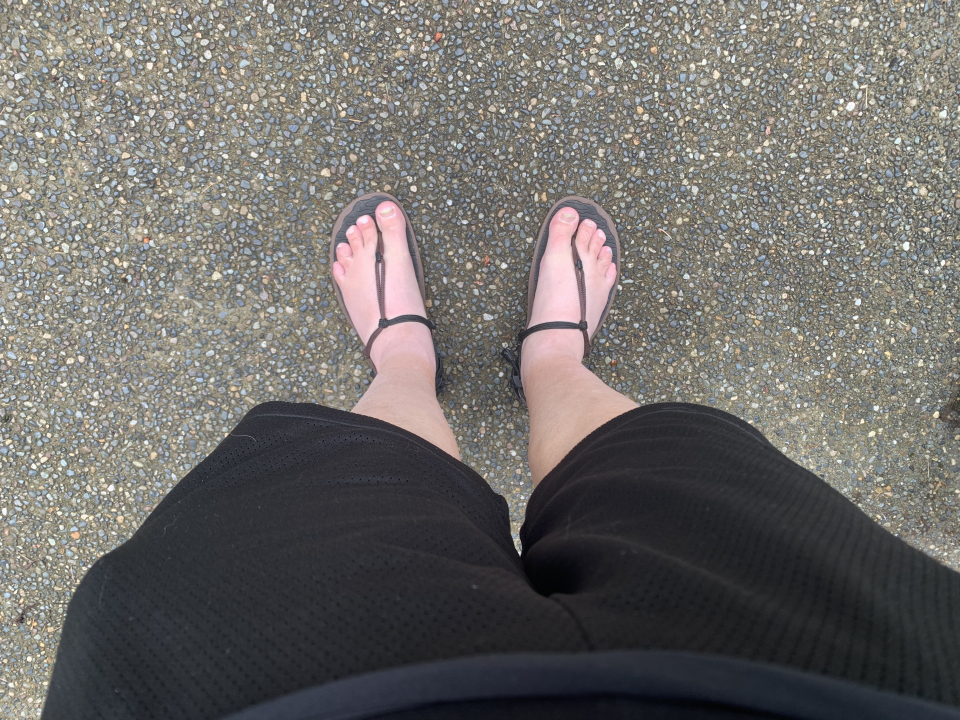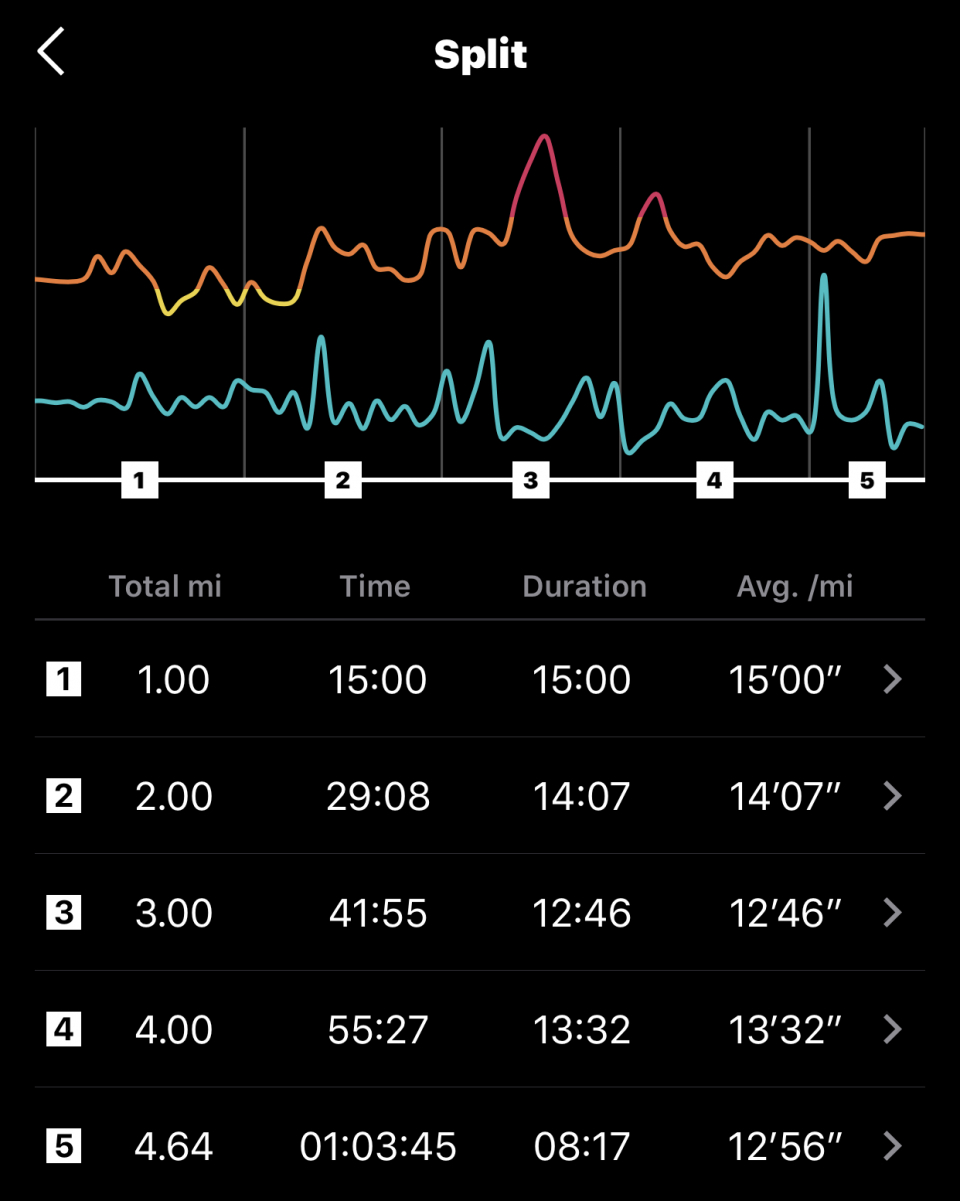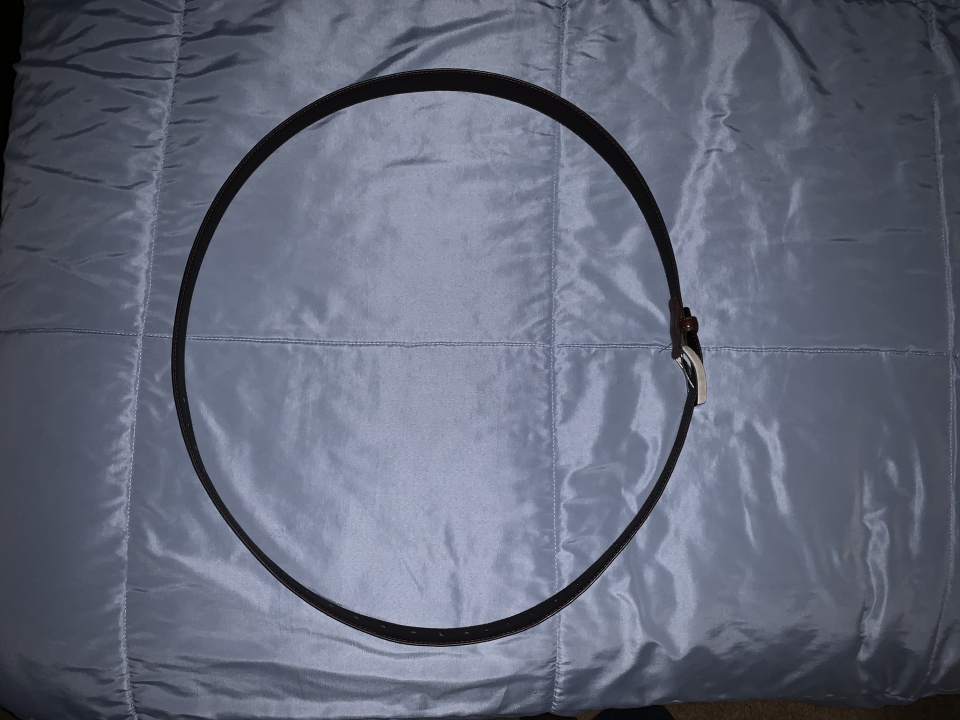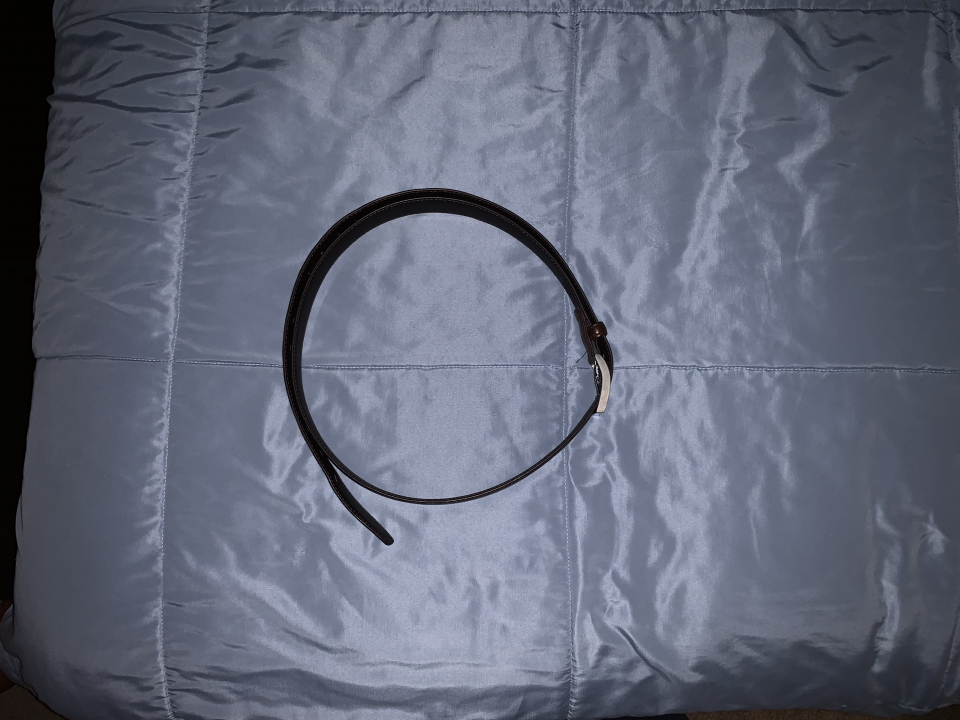It's important that if you're going to make any change in your life, you have a why. Today, upon completing my 47th lap around the sun, I'll tell you mine.
Today is the 10th anniversary of my father passing away, who coincidentally shared a birthday with me. It is also the 7th anniversary of my mother passing away. My dad only barely made it to 59, my mom made it to 58.
Around 6 years ago, I started having obvious health issues, though it took a business trip that required vaccines to get my ass to a doctor to find out I had Type 2 Diabetes, Edema, Hypertension, and Sleep Apnea. Not to mention 330 pounds (150kg) on my 5'7" (170cm) frame.
Over 3 years ago, I discovered The Obesity Code and Jason Fung. That got me back in touch with the one thing that actually worked to get weight off me: low carb. Then I discovered Keto (a term I'm not fond of for various reasons) and ultimately Vinnie Tortorich and No Sugar No Grains. I got more educated about a lot of things.
Both of my parents had metabolic disease and struggled with drugs and alcohol. Even though I didn't know it at the time, I can surmise my dad had Type 2 Diabetes. My mom died of an enlarged heart, most likely from drinking too much.
Today, I weigh what I did in high school. It's not quite my lowest weight as the ongoing quarantine has been…challenging lately. But all those conditions I had are gone. Trying to come off the blood pressure meds, which I still needed as a precaution due to the aneurysm they found last year when they did a calcium scan (zero score there).

So why do I mention all this? It ties back to something that's always driven me from a young age: do better than my parents. I knew if I didn't make a change, I would end up just like them: dead too young of preventable conditions. Once I saw the way out, there was no stopping me.
And the daily run that I do? (Today: 6.79 miles, or just over 10km, if you're interested) It's part of the plan to keep my heart healthy. I'm adding in some bodyweight exercises as well as I'm basically a weakling otherwise. And yes, I still have a few more pounds to lose. I'm a work in progress, like we all are.
I want to live long enough and be healthy enough to be able to pick up great grandchildren. Obviously there are some variables I can't control here and none of us gets out of here alive, but living longer than my parents with better health is certainly a start.










